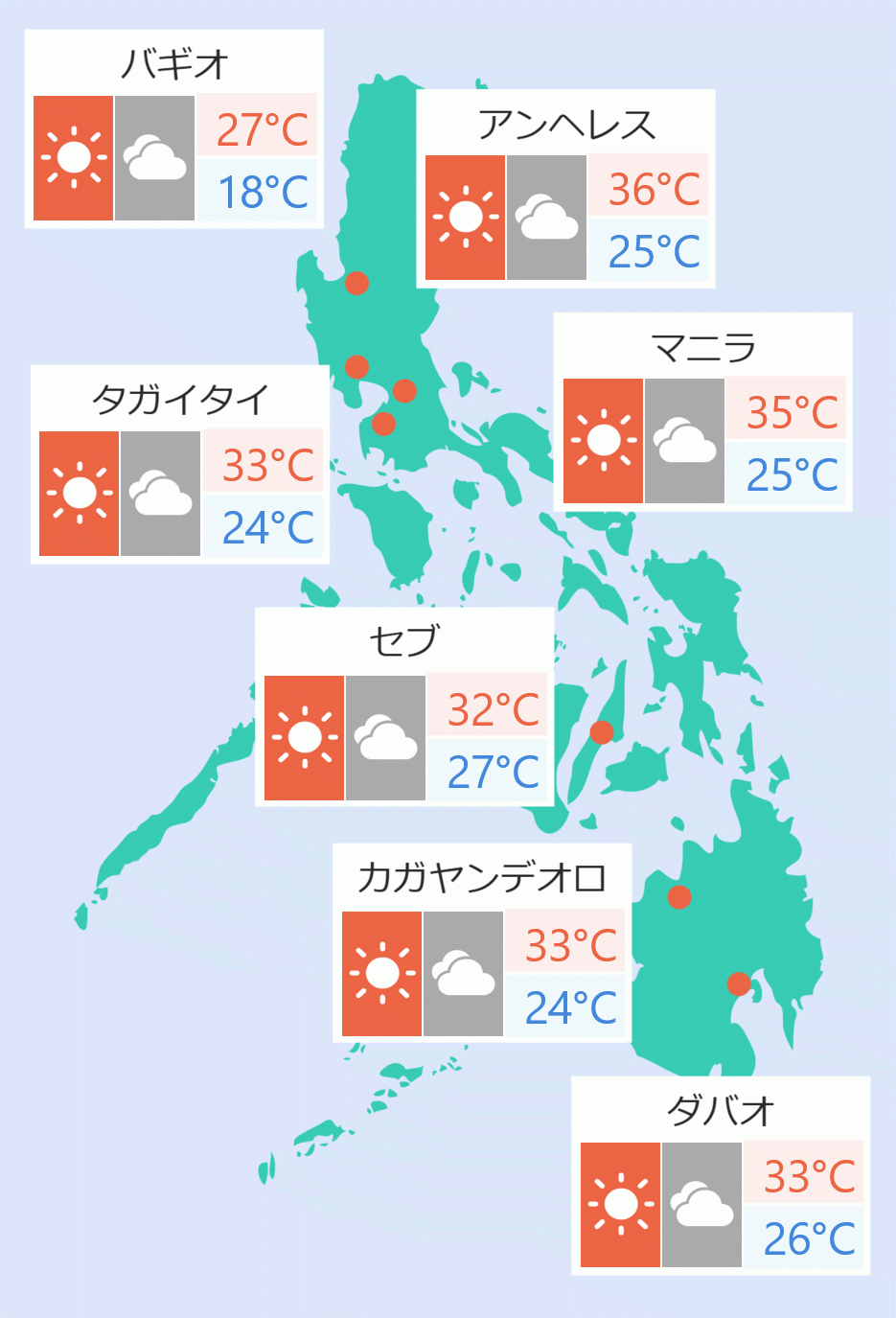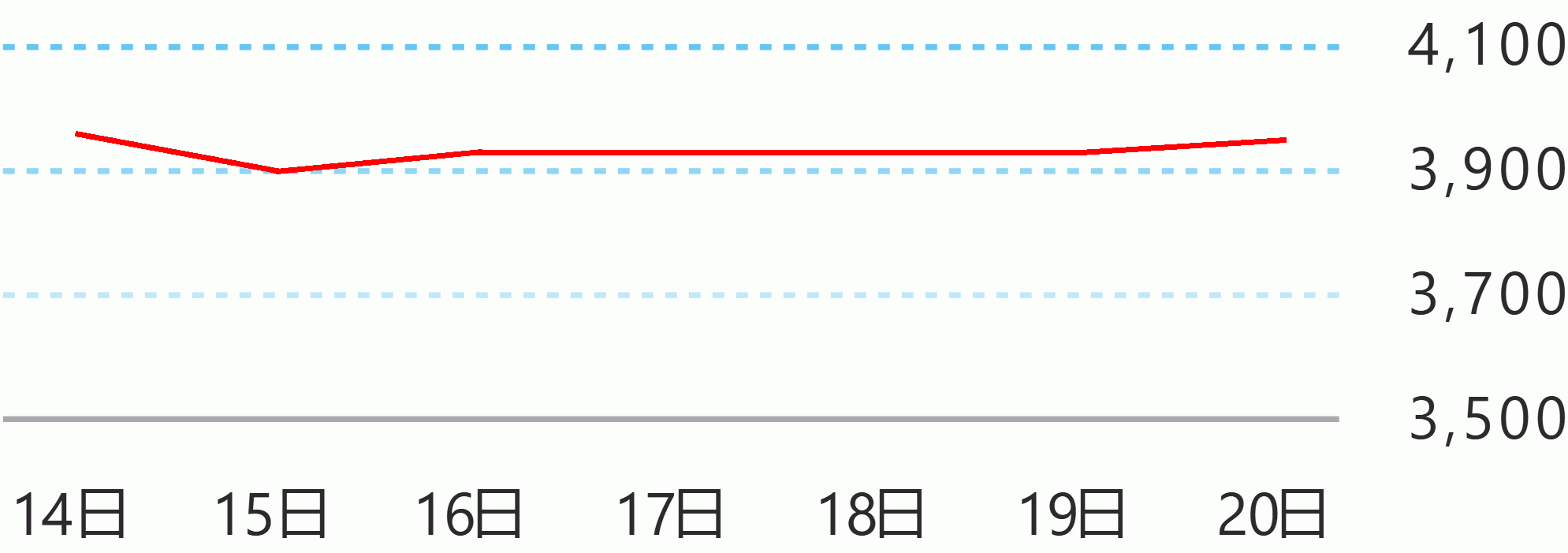NEW YORK — Socioeconomic Planning Secretary Karl Kendrick Chua remained optimistic that the Philippine economy will return to its pre-pandemic growth this year as the country continues to build on progress in recovering from COVID-19 from the first half of the administration.
During the Philippine Consulate General town hall meeting in New York City on April 29, 2022, Chua discussed the country’s progress in reducing poverty in the last six years, medium-term priorities, and economic prospects moving forward.
“In 2015, poverty was estimated at 23.5 percent. By 2018, we have reduced it to 16.7 percent. Prior to the pandemic, we were very much on track to achieving 14 percent or less. The reason why we are able to do this is because of our commitment to the zero-to-ten point socioeconomic agenda,” said Chua.
Chua explained that progress in achieving the zero-to-ten point socioeconomic agenda paved the way for the country to achieve its target of lifting six million Filipinos out of poverty in 2018, four years ahead of schedule. This also provided the Philippines with strong foundations to better address the challenges of the pandemic.
Chua highlighted some of the administration’s notable achievements since 2016.
Among these are the Amendments to the Retail Trade Liberalization Act, Foreign Investment Act, and the Public Service Act, which will help relax foreign ownership restrictions and increase competition that can improve the quality of goods and services at lower prices.
The government also enacted the Comprehensive Tax Reform Program, which helped fund more infrastructure and social services, and the Rice Tariffication Law in 2019, which supported rice farmers in improving their productivity and significantly lowering the price of rice.
“Without a doubt, the pandemic and its adverse economic impacts are indeed testing the Philippine economy like never before. But unlike past crises, the Philippines has solid fundamentals to address this crisis. […] It is very important at the outset to have a strong macroeconomy so that you have enough buffers and enough resources to withstand any shocks, and you can concentrate on improving the welfare of the people,” he said.
Chua also highlighted recent developments in the government’s response to COVID-19. According to him, the administration is committed to accelerating and sustaining economic recovery despite the crisis.
“In the final months of the Duterte administration, we are vigorously pursuing the economy’s full recovery to restore jobs and bring more people out of poverty. Executive Order (EO) No. 166, signed a few weeks ago, fully opens the economy, and we are working on getting tourists back [and] getting travel back to as normal as possible,” he said.
EO No. 166 provides a ten-point policy agenda aimed at accelerating the economy’s recovery from the pandemic. It includes strategies such as reducing travel restrictions and accelerating the vaccination program, which will enable the economy to restart activity and bounce back.
“All of the things we are doing in the Duterte administration are about bridging the future. […] And these reforms that we have been doing are exactly what needs to be done so that we can impart a better future to the next generation,” Chua said. NEDA Public Affairs





 English
English










